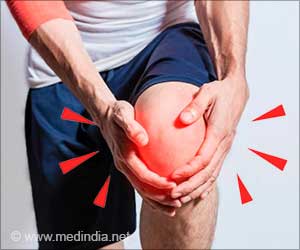A combination of aerobic training, and resistance training causes a greater reduction is HbA1c levels, compared to either training alone.

‘Blood sugar level significantly improves in individuals with type 2 diabetes who engage in higher training volume that includes a combination of aerobic training and resistance or strength training, at least three times a week.’
Read More..




Aerobic exercise and resistance training individually helps to reduce hemoglobin A1c (HbA1c). A combination of both types of training causes a greater reduction in HbA1c levels. Aerobic training includes activities that bring up the heart rate, like jogging or running, and resistance exercise training is strength training of core muscles. Read More..
HbA1c, also called glycosylated hemoglobin, indicates the level of blood sugar over the past three months. HbA1c is formed when glucose combines with the hemoglobin in the red blood cells. When there is more glucose in the blood, the value of HbA1c rises. Recommended levels of HbA1c fall within the range of 6.%5-7%.
The aim of the new study is to understand whether a relationship existed between the dose or amount of prescribed exercise, frequency of training, and HbA1c control.
For the study, researchers analyzed data from a six-month trial. For the trial 185 individuals with type 2 diabetes were assigned to either aerobic group, resistance group, or combined training group. Researchers analyzed the relationships between the dose of exercise and its outcome on blood sugar control. The dose of the exercise was the total prescribed exercise sessions.
Participants in the exercise groups were asked to do three exercise sessions per week. The results showed that the completion of exercise improves blood sugar control.
Advertisement
The relationships between the dose of exercise and blood sugar control were significant for younger people between the ages of 40-55 years, for men and those who had poor sugar control before participating in the study.
The findings suggest that the glycemic index control (HbA1c) was improved in people with type 2 diabetes with a higher training volume. This dose-response relationship was a strong for aerobic training alone and combined training, but not for resistance training alone.
Source-Medindia















